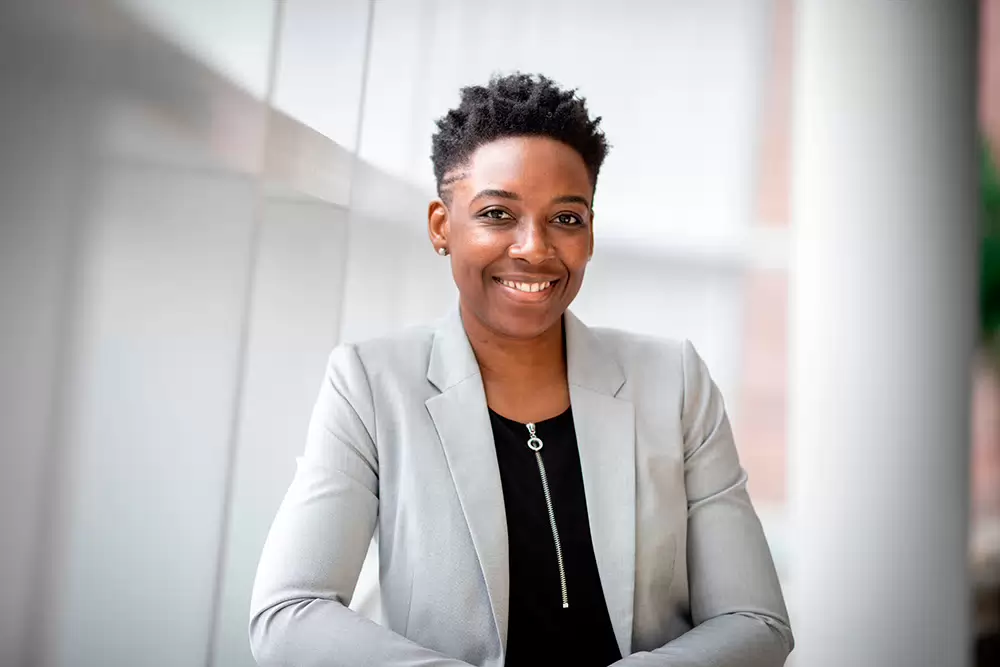
Self-confidence
What is self-confidence?
Self-confidence means believing in yourself and in what you can do. You are willing to face challenges, even when something feels scary. Self-confidence helps you deal better with uncertainty and difficult situations.
Dealing with emotions and insecurity
We are born with basic emotions, like fear and insecurity. As babies, we don’t know how to handle these feelings. Through contact with parents or carers, we learn to recognise emotions and how to deal with them.
Feeling afraid or unsure is normal. But if you find it hard to manage these feelings, they can get in the way. This often happens during certain moments in life, like starting a new study, internship, or going through changes.
Forms of expression
- Shame
- Fear of failure
- Perfectionism
- Narcissism
- Macho behaviour
- Procrastination
- Physical complaints
- Depressive symptoms
- Avoidance behaviour
What can you do?
- Take time to think about your feelings. Try to notice when you feel unsure or afraid.
- Talk to someone you trust. This could be a friend, a parent, a student coach, or a psychologist. We often don’t see how we cope with fear, because it feels automatic. Other people can help you understand your feelings better.
- Be patient with yourself. You don’t have to change everything at once. Small steps also help.
- It’s like learning to ride a bike. At first, it’s difficult. But with practice, it gets easier.
Self-confidence grows when you learn to deal with fear, step by step.

Self-learning module
With your Fontys account, you can make free use of online self-help modules (e-health).
Self-image
If you often doubt yourself or feel not good enough, this module can help. You'll learn to understand your self-image and become kinder to yourself.
Go to the Self-image module
Contact
Book your appointment with a student psychologist or a student counsellor.
Book an appointmentWho can you contact?
- You can contact a student psychologist if you are experiencing complaints, worries, or problems for which you don’t immediately see a solution. They offer short‑term therapy.
- If your mental well‑being is affecting your study progress, if you want to request special arrangements, or if you are struggling with motivation issues, then you should make an appointment with a student counsellor.
